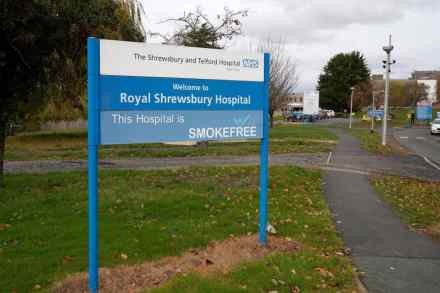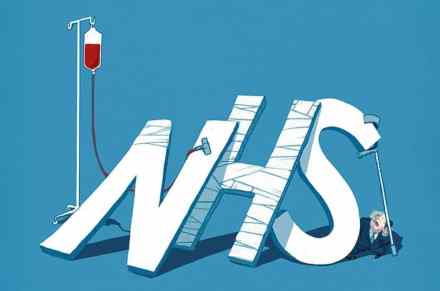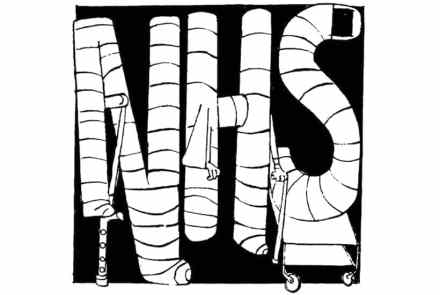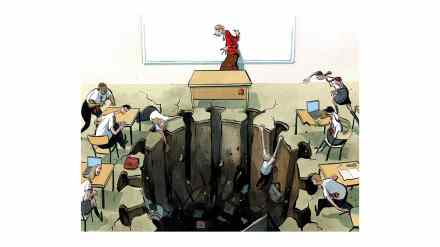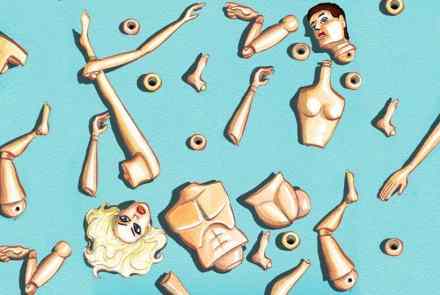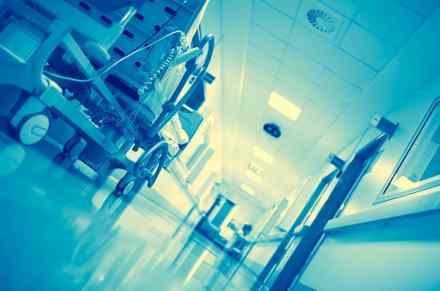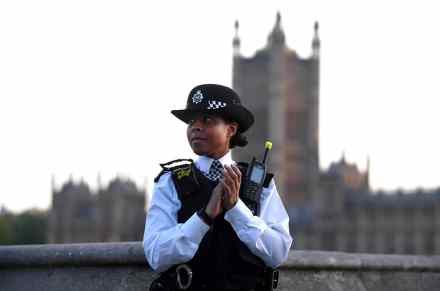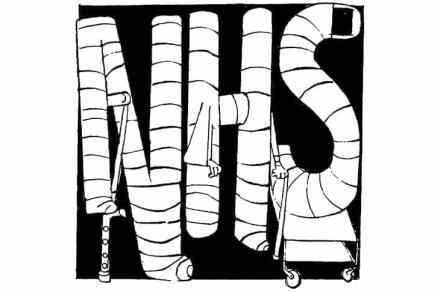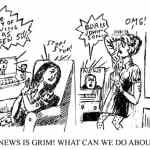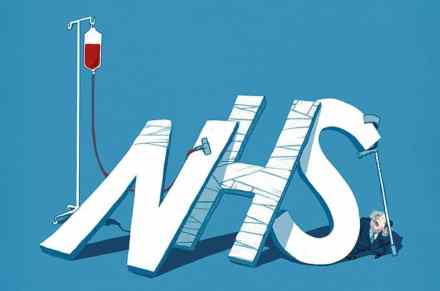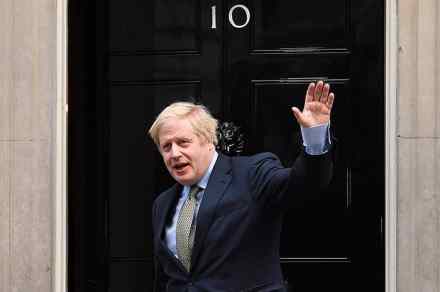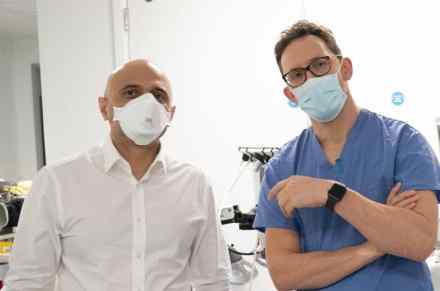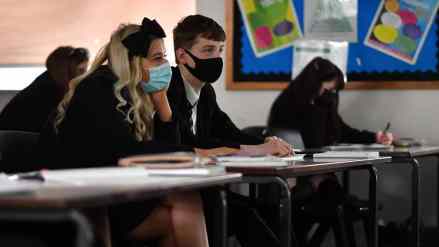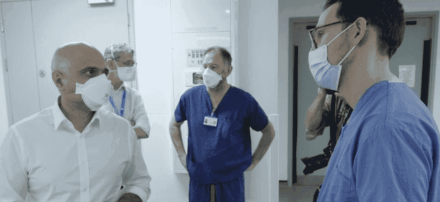Excl: NHS tries to ditch the focus on ‘normal births’ after scandal
It’s only been two weeks since the Ockenden report on the maternity scandal at the Shrewsbury and Telford Hospital NHS Trust came out. That report criticised – among many other things – a focus on ‘normal birth’ and a low Caesarean section rate which had harmed some of the mothers and babies in the cases it had investigated. Job adverts give the impression that some sections of the NHS aren’t prepared to learn the lessons from Ockenden Since then, though, there have still been job adverts going out from other NHS trusts for midwives who are interested in ‘normality’ – the common term for a vaginal delivery, preferably without instrumental
